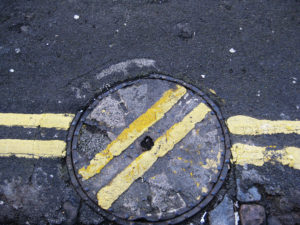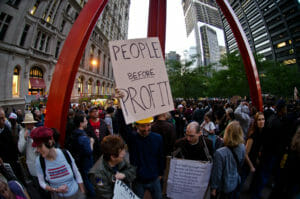Study: The .01% Is the New 1%
Comparisons between post-2008 America and the economic quagmire of the 1930s have been circulating for years, but a new study out of the London School of Economics sets the country back even further -- and moves the decimal point back a couple of spaces on the 1 percent to highlight an even smaller and richer demographic. Shutterstock
Shutterstock
Comparisons between post-2008 America and the economic quagmire of the 1930s have been circulating for years, but a new study out of the London School of Economics sets the country back even further — and moves the decimal point back a couple of spaces on the 1 percent to highlight an even smaller and richer demographic.
As The Economist reports, the income inequality gap in the U.S. has been underestimated, according to the LSE study:
A new paper by Mr Saez and Gabriel Zucman of the London School of Economics reckons past estimates badly underestimated the share of wealth belonging to the very rich. It uses a richer variety of sources than prior studies, including detailed data on personal income taxes (which the authors mine for figures on capital income) and property tax, which they check against Fed data on aggregate wealth. The authors note that not every potential source of error can be accounted for; tax avoidance strategies, for instance, could cause either an overestimation of the wealth share of the rich (if they classify labour income as capital income in order to take advantage of lower rates) or an underestimation (if they intentionally seek out lower yielding investments for their tax advantages). Yet they believe their estimates represent an improvement over past attempts.
The results are enough to make Mr Piketty blush […] The 16,000 families making up the richest 0.1%, with an average net worth of $371m, now control 11.2% of total wealth—back to the 1916 share, which is the highest on record.
Thus, the article invokes and echoes Thomas Piketty (“Capital in the Twenty-First Century”) in illustrating how the country is on track to return to “an 18th century inheritance society.”
–Posted by Donald Kaufman
Your support matters…Independent journalism is under threat and overshadowed by heavily funded mainstream media.
You can help level the playing field. Become a member.
Your tax-deductible contribution keeps us digging beneath the headlines to give you thought-provoking, investigative reporting and analysis that unearths what's really happening- without compromise.
Give today to support our courageous, independent journalists.






You need to be a supporter to comment.
There are currently no responses to this article.
Be the first to respond.